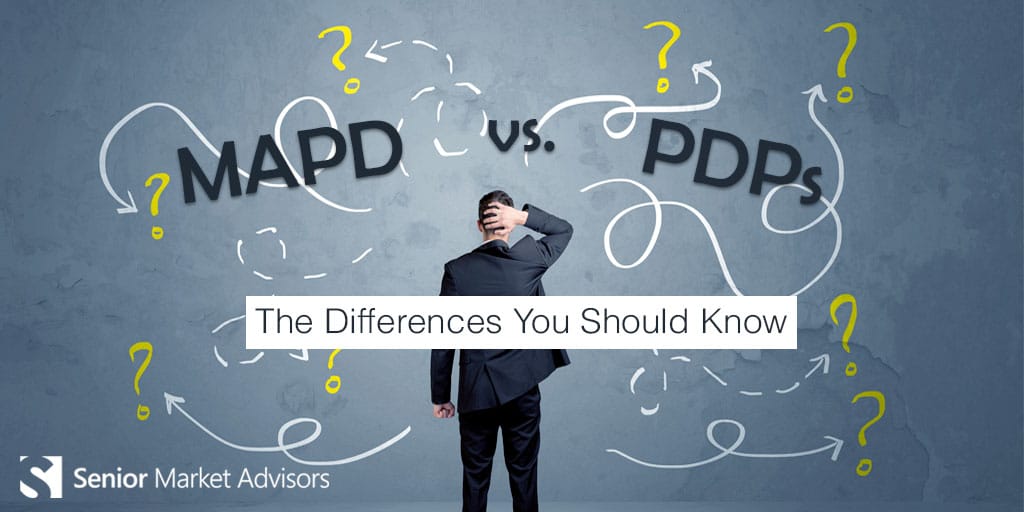Understanding Power of Attorney 101
Sales appointments can go in any direction, with many questions from seniors and Medicare eligibles. During these appointments, it’s important to know if they have a power of attorney (POA) who is responsible for their health decisions. Understanding the types of POAs and common misconceptions can prove to be beneficial to you and the beneficiary.
Types of Powers of Attorney
As a Medicare agent, you may not be trained to know the difference between the types of POAs or how to counsel the beneficiary on them. However, understanding the different types of POAs can help avoid confusion or issues in the future. The five types of powers of attorney are:
Non-Durable
This type of POA is set for a specific amount of time and is generally used for one particular transaction. Once the transaction is over, the POA ceases.
Durable
A durable POA can be used to manage all of the principal’s affairs. Durable POAs are effective immediately and only expire when the principal passes away.
Special or Limited
This type of POA is typically used on a limited basis for one-time financial decisions, like a sale of a particular property. This is most commonly used when the principal cannot complete the transaction due to other commitments or illnesses. The POA has no other power apart from the one-time financial transaction.
Medical
A medical POA has authority on all healthcare decisions if the principal becomes incapacitated. This generally takes effect upon approval of a presiding physician.
Springing
This type of POA will become effective in the future, only if a specific event occurs. This event can include incapacitation or a triggering event, like leaving the country. This POA can be durable or non-durable and can encompass any affair. This allows the principal to create a POA that is specific to their needs.
Common Power of Attorney Misconceptions
There are many misconceptions associated with POAs that include:
Misconception: POA documents are available on the internet and should be used.
Truth: POA documents can, in fact, be found online. However, it is not advised to use them. Since POAs are often used in unique situations, the online document may not address the situation appropriately.
Misconception: POAs extend after the principal’s death.
Truth: All POAs expire when the principal passes away.
Misconception: If a principal signs a POA, they forfeit their independence and rights to make their own decisions.
Truth: The scope of POAs can be as broad or as narrow as the principal wants. Many times, principals can require a physician statement to attest if they are incapable of making their own decisions.
Become an SMA Agent
At Senior Market Advisors, our compliance team can help you with any POA issues that may come up. Plus, we offer other great benefits like a lead management system, online sales training, experienced marketing team, custom quote engine, sales support team, top-tier commissions, and so much more! You can even contract with nearly every carrier in your state! Ready to contract? Visit agentcontract.com to start digitally contracting or click here to get in touch with one of our agent advisors.



